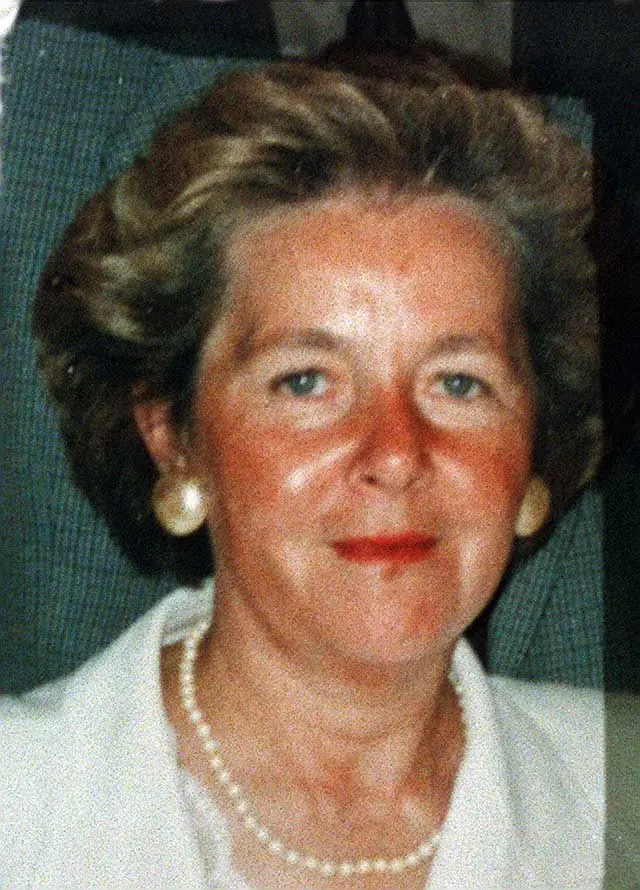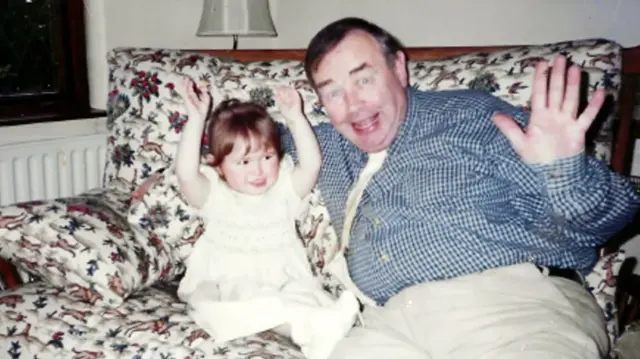Chairman's thankspublished at 12:54 GMT 6 February
Lord Turnbull comments on the poem that was read out by Laurence's son Andrew.
"The poem conveys with sensitivity and meaning the strength of their bond together and the chasm of loss which took its place," he says,
He thanks the family for sharing their father's poems with him and the care they took preparing their statement for the inquiry.
His remarks conclude the day's evidence and the inquiry will not sit again this week.
It is due to return at 10:00 on Monday.

